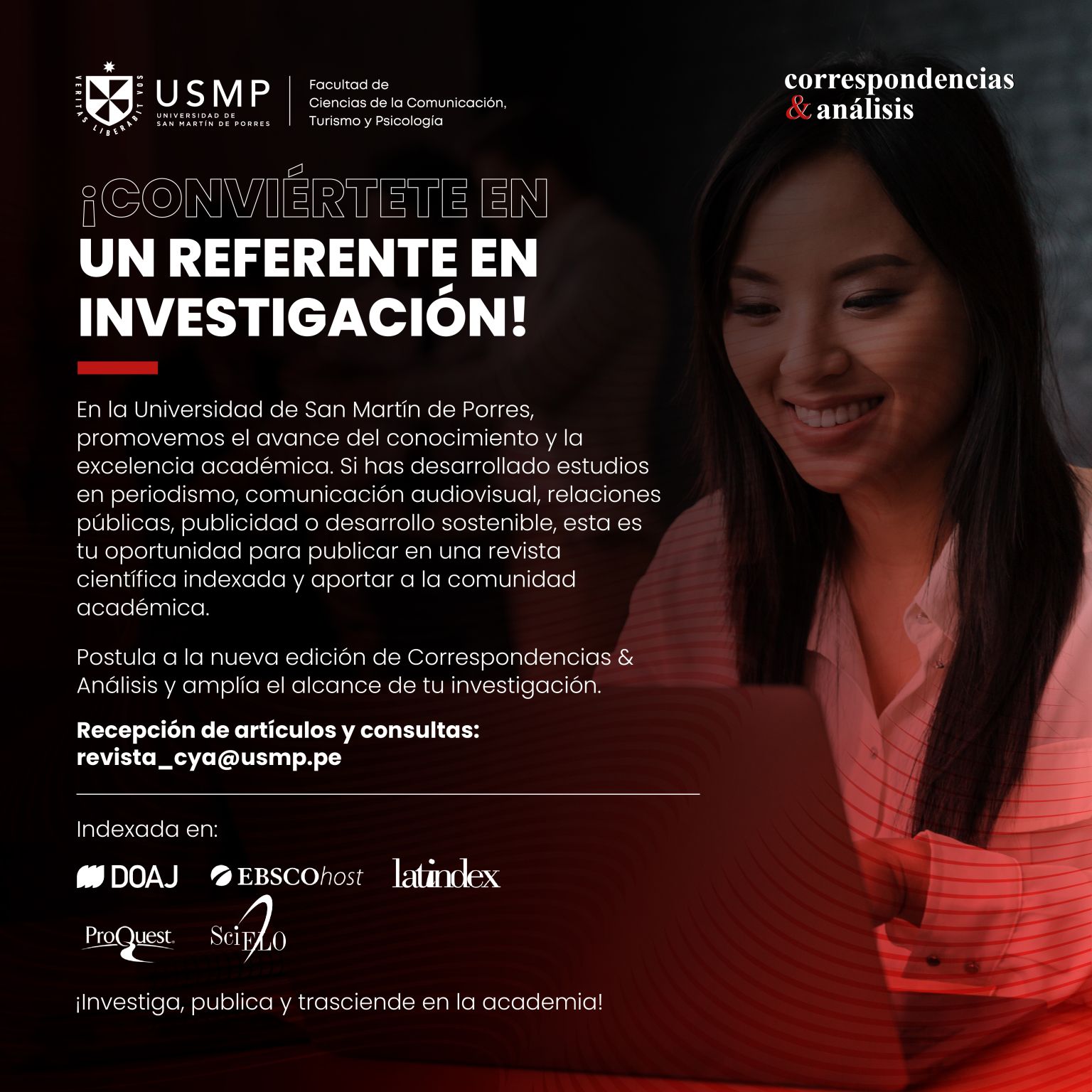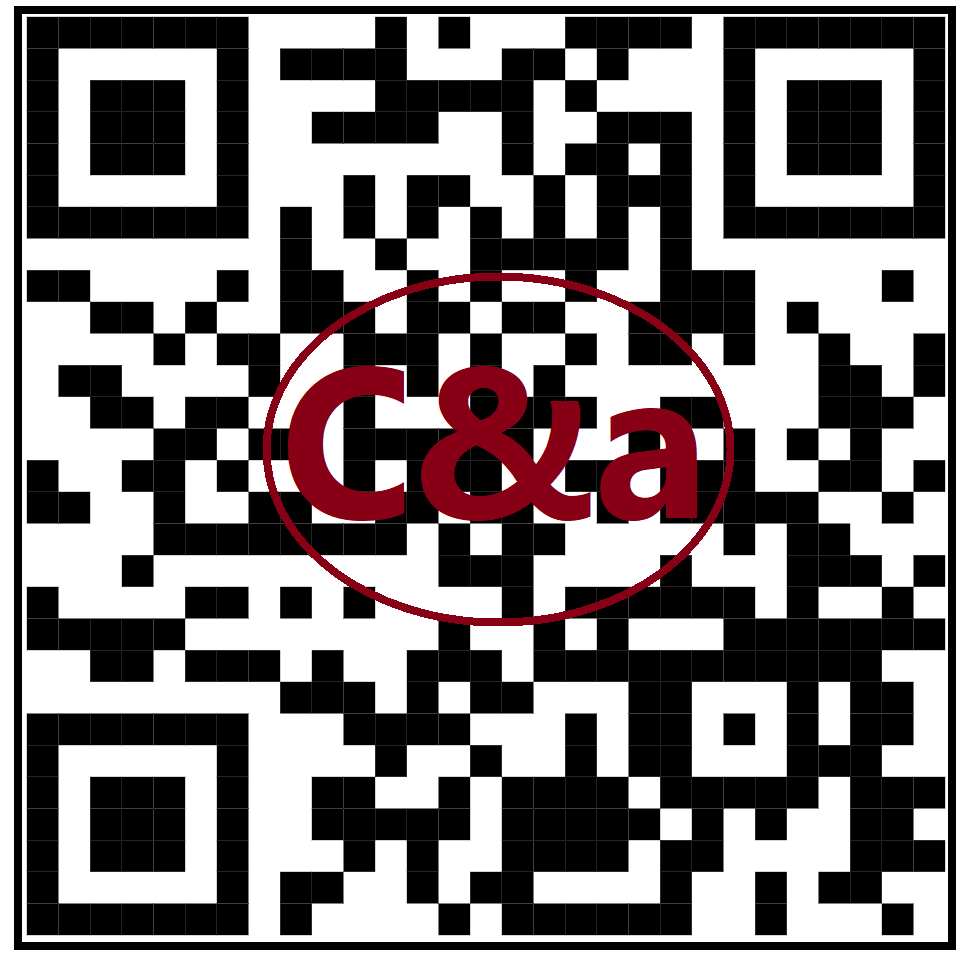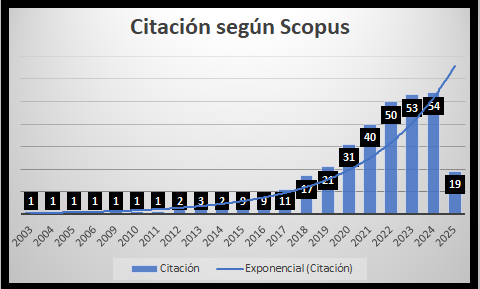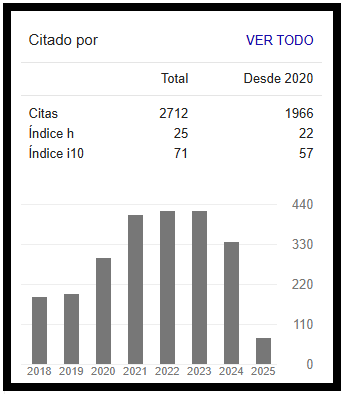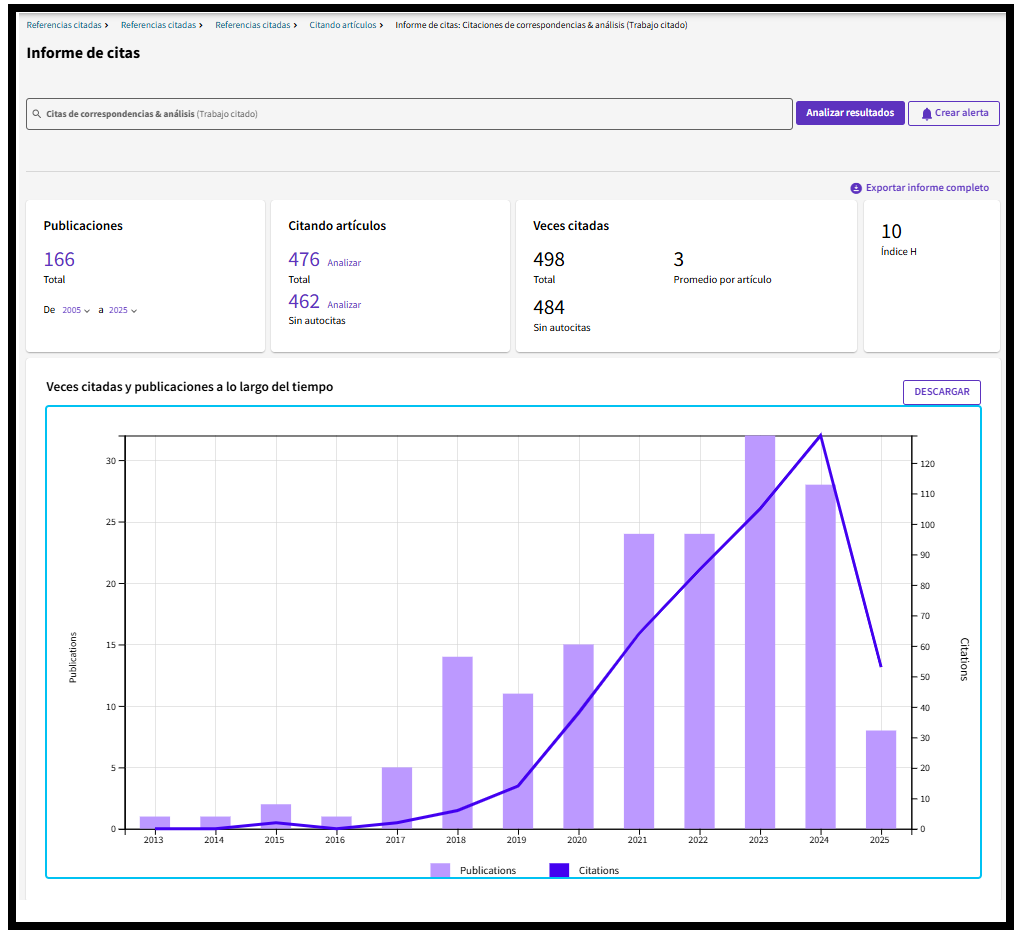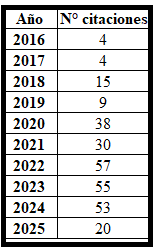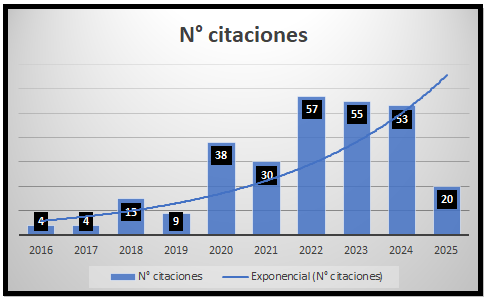The narrative as a weapon: the conceptual challenges of post-truth in the 21st century
Keywords:
Political communication, Disinformation / Misinformation, Enemy-making, post-truth, Techno-communicational devicesAbstract
This article explores the phenomenon of disinformation, emphasizing the 2016 Colombian case (Peace Plebiscite) and the Chilean case of 2022 (Constitutional Convention). The premise is that these articulations were deployed for specific political purposes, within a context of heightened narratives and positions framed by a post-truth regime, understood as an intensification of emotionally charged argumentation. Furthermore, the infodemics of 2016 in Colombia and 2022 in Chile arose under specific enabling conditions, ranging from enemy-making strategies and current modes of production to techno-scientific advances and new understandings and practices of warfare. It is argued that only an interdisciplinary strategy can understand and stabilize such phenomena conceptually and categorically.
Metrics
Downloads
References
Allcott, H., & Gentzkow, M. (2017). Social media and fake news in the 2016 election. Journal of Economic Perspectives, 31(2), 211-236. https://doi.org/10.1257/jep.31.2.211
Arendt, H. (2015). Crisis de la República. Editorial Trotta.
Arrighi, G. (2005). ComprenderDesentrañar la hegemonía. New Left Review, (32), 20-54. https://newleftreview.org/issues/ii32/articles/giovanni-arrighi-hegemony-unravelling-1
Benjamin, W. (2017). La obra de arte en la época de su reproductibilidad técnica. La marca editora.
Bonilla, N. (2017). La era de la posverdad en Colombia. Cosmopolita.
Browne, R. (2009). De la comunicación disciplinaria a los controles de la comunicación. Alfar.
Cárdenas, L. (2024). Colombia en tiempos de posverdad. Anfora, 31(56), 81-96. https://publicaciones.autonoma.edu.co/index.php/anfora/article/view/980/1000
Cartes, J., & González, F. (2023). Manipulación Lingüística en la campaña televisiva del rechazo para el plebiscito de salida 2022 [Tesis para optar al grado académico de Licenciadas en Lingüística y Literatura Hispánica con mención en Lingüística]. Universidad de Chile.
Circosta, C. (2020). Mapuche terrorista. Pervivencia de estereotipos del siglo XIX en la construcción de la imagen del «indio» como otro/extranjero en la coyuntura de la Argentina actual. Cuadernos del Centro de Estudios en Diseño y Comunicación. Ensayos, (96), 184-202. https://dx.doi.org/10.18682/cdc.vi96.3938
CNN Chile. (2022, 29 de abril 29). Habló de «monarquía indígena»: Zúñiga y otros representantes de derecha no votaron informe de derechos indígenas. https://www.cnnchile.com/constituyente/arturo-zuniga-monarquia-indigena-votacion-derechosindigenas_20220429/
Colom-Piella, G. (2018). La doctrina Gerasimov y el pensamiento estratégico ruso contemporáneo. Revista Ejército, 933, 30-37.
Del Valle, C. (2021). La construcción mediática del enemigo. Comunicación Social.
Del Valle, C. (2024). Economía Política del enemigo. Arqueologías de la guerra y del genocidio. Palinodia Libros.
Deleuze, G. (1999). Conversaciones 1972-1990. Pre-Textos.
Deleuze, G., & Guattari, F. (2002). Mil Mesetas. Capitalismo y esquizofrenia. Pre-Textos. https://aisthesis2017.wordpress.com/wp-content/uploads/2018/10/deleuze-guattari-milmesetas.pdf
Durán, P., & Lawrence, T. (2021, 13 de septiembre). Guerrilla digital contra la Convención Constituyente. CIPER 18 Chile. https://www.ciperchile.cl/2021/09/13/guerrilla-digitalcontra-la-convencion-constituyente/
Franco-Sánchez, J. D. (2023). Guerra híbrida: críticas y retos del conflicto moderno. Estado, Paz y Sistema Internacional, 2(4), 197-204. https://doi.org/10.25062/2981-3034.4751 Fumagalli, A. (2010). Bioeconomía y capitalismo cognitivo. Traficantes de sueños. https:// traficantes.net/sites/default/files/pdfs/Bioeconomia-TdS.pdf
Gerasimov, V. (2016, marzo-abril). El valor de la ciencia está en la capacidad de prever lo que sucederá o podría suceder en el futuro. Military Review. https://www.armyupress.army.mil/Portals/7/military-review/Archives/Spanish/MilitaryReview_20160430_art010SPA.pdf
González, M. (2017). La posverdad en el plebiscito por la paz en Colombia. Nueva Sociedad, 269, 114-126. https://static.nuso.org/media/articles/downloads/10.TC_Gonzalez_269.pdf
Gramsci, A. (2013). Antología. Siglo Veintiuno Editores.
Guadarrama, J. J., Álvarez, L. C., & Molina, M. A. (2025). Desinformación en la era digital: abordaje de la fórmula de la posverdad en la comunicación política. Scripta Mundi, 4(1), 10-30. https://doi.org/10.53591/scmu.v4i1.2179
Guattari, F. (1992, octubre). Para una refundación de las prácticas sociales. Le Monde Diplomatique, 26-27. https://desarquivo.org/sites/default/files/guattari_felix__para_una_refundacion_de_las_practicas_sociales.pdf
Hyvönen, A. E. (2018). Defining post-truth: Structures, agents, and styles. E-International Relations, 1-5. https://www.e-ir.info/2018/10/22/defining-post-truth-structures-agents-andstyles/
Lazzarato, M. (2022). Guerra o revolución: porque la paz no es una alternativa. Ediciones Tinta Limón.
Lewis, R., & Marwick, A. (2017). Media manipulation and disinformation online. Data and Society. https://datasociety.net/output/media-manipulation-and-disinformation-online/
Mansilla, P. A., & Melin, M. (2019). A struggle for territory, a struggle against borders. NACLA Report on the Americas, 51(1), 41-48. https://doi.org/10.1080/10714839.2019.1593689
McIntyre, L. (2021). The hidden dangers of fake news in post-truth politics. Revue Iinternationale de Philosophie, 297(3), 113-124. https://doi.org/10.3917/rip.297.0113
Molina, P. (2022, 21 de julio). La «brutal» desinformación sobre la nueva Constitución propuesta para Chile. BBC News Mundo. https://www.bbc.com/mundo/noticias-america-latina-62245073
Namuncura, G. (2021, 4 de septiembre). Discriminación racial y discurso de odio en perjuicio de convencionales constituyentes indígenas en Chile. El Mostrador. https://www.elmostrador.cl/destacado/2021/09/04/discriminacion-racial-y-discurso-de-odio-enperjuicio-de-convencionales-constituyentes-indigenas-en-chile/
Navarro, A. (2021). Posverdad, medios de comunicación y poder. Un problema para las humanidades. Comunicación y Hombre, (18), 147-162. https://doi.org/10.32466/eufvcyh.2022.18.670
Navarro, F., & Tromben, C. (2019). «Estamos en guerra contra un enemigo poderoso, implacable»: los discursos de Sebastián Piñera y la revuelta popular en Chile. Literatura y Lingüística, (40), 295-324. https://www.scielo.cl/pdf/lyl/n40/0716-5811-lyl-40-295.pdf
Negri, A., & Hardt, M. (2002). Imperio. Paidós.
Newman, S. (2019). Post-truth and the crisis of the political. Soft Power, 6(2), 90-108. https://doi.org/10.14718/SoftPower.2019.6
Newman, S., & Conrad, M. (Eds.). (2024). Post-truth populism: A new political paradigm. Palgrave Macmillan. https://doi.org/10.1007/978-3-031-64178-7
Tandoc, E. C., Lim, Z. W., & Ling, R. (2018). Defining «fake news»: A typology of scholarly definitions. Digital Journalism, 6(2), 137-153. https://doi.org/10.1080/21670811.2017.1360143
Tesich, S. (1992, 6 de enero). A government of lies. The Nation. https://www.thefreelibrary.com/A+government+of+lies.-a011665982
Vélez, J. C. (2016, 5 de octubre). El ‘No’ ha sido la campaña más barata y más efectiva de la historia [entrevista]. La República.
Waddington, S. (2023). Desinformación y Twitter: El Impacto de las Fake News en el Proceso Constituyente en Chile [Máster Universitario en Marketing Digital, Comunicación y Redes Sociales - Universidad Camilo José Cela]. https://iddigitalschool.com/wp-content/uploads/2024/11/MEM_EXT_34553-FELIPE_SEBASTIAN_WADDINGTON_PALMA.pdf
Weizman, E. (2012). A través de los muros. Cómo el ejército israelí se apropió de la teoría crítica postmoderna y reinventó la guerra urbana. Errata Naturae.
Downloads
Published
Issue
Section
Categories
License
Copyright (c) 2025 Alejandro Lagos, Christian Berrios

This work is licensed under a Creative Commons Attribution 4.0 International License.
In case the manuscript is approved, the authors retain the copyright and assign to the journal the right to publish, edit, reproduce, distribute, display and communicate in the country of origin and abroad by means of print and electronic media in different databases.
In order for this procedure to be recorded, the author must fill out the following formats:
Format 1 - Author data Format.
Format 2 - Affidavit on originality and authorization for the publication of articles Format.
Format 3 - Open Science Compliance.


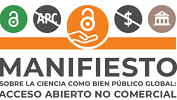
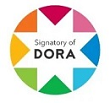
2.png)


